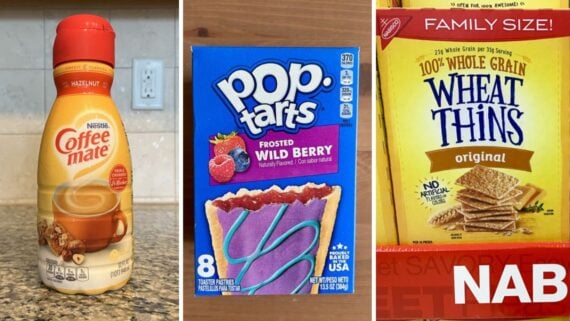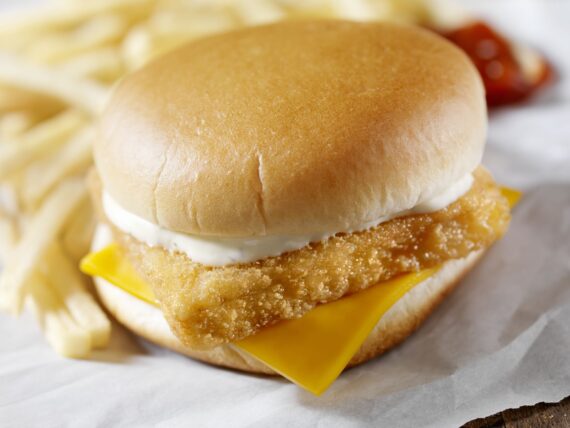If you’ve traveled overseas, you might have noticed that some of your favorite American snacks are nowhere to be found in many countries. It’s not because Europeans haven’t heard of Pop-Tarts either, guys. It’s because many of our favorite, widely accessible foods, snacks, and drinks contain ingredients considered harmful or potentially dangerous by other countries.
Here are some foods you can find in just about any grocery store in the U.S. that you won’t find outside the 50 states.
Related: Foods That Are Banned in America
1. Ritz Crackers
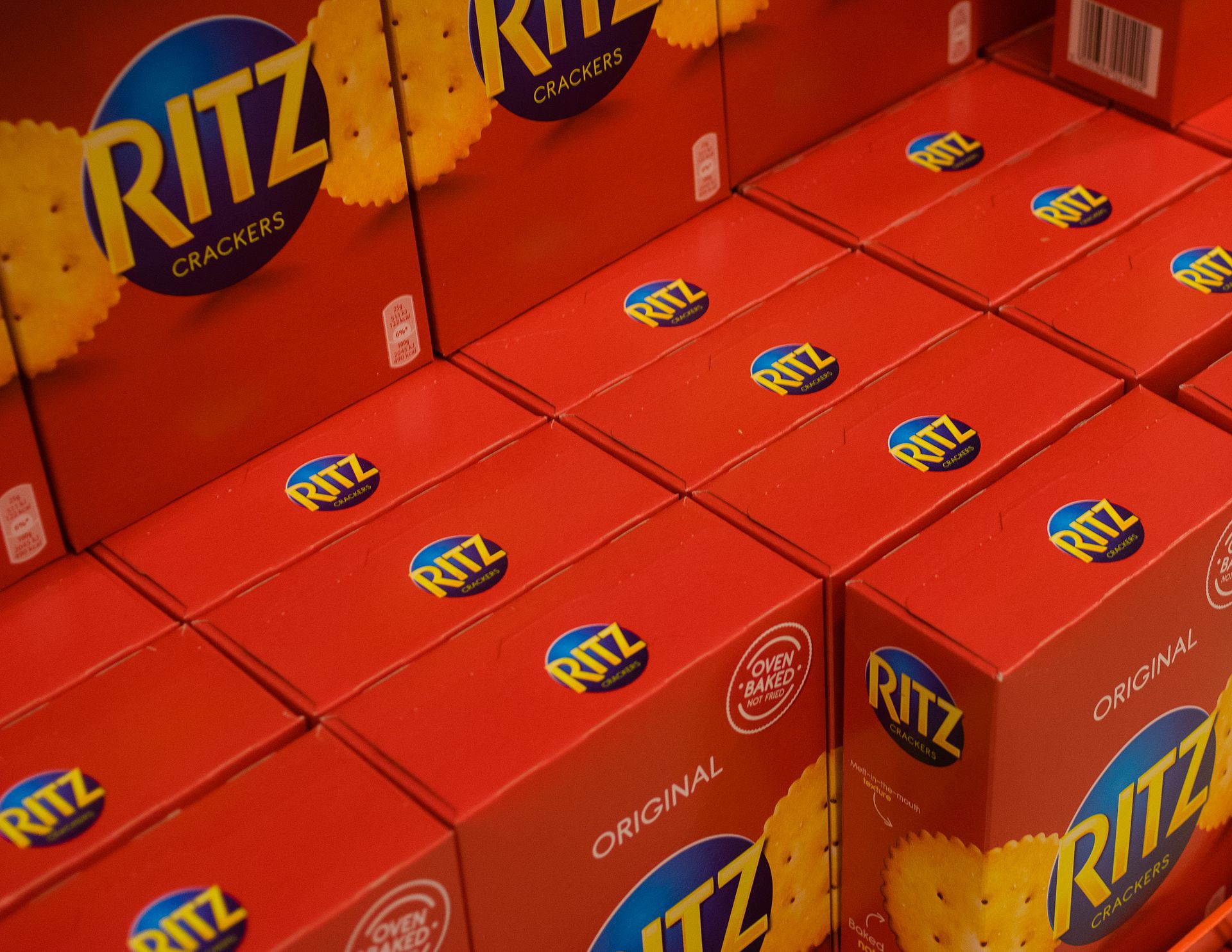
Wouldn’t ya know, a cracker that’s all the rage in America is considered an outrage abroad. Ritz crackers are outlawed in several other countries, including the United Kingdom, Canada, and Brazil. These seemingly innocent, salt-dusted snack vessels contain potassium bromate, which is a possible human carcinogen that poses potential health risks. You’ll also find the flour additive in things like bread and bagels.
Related: Ritz Crackers and More Popular American Snacks That Are Way Older Than You Think
2. Mountain Dew
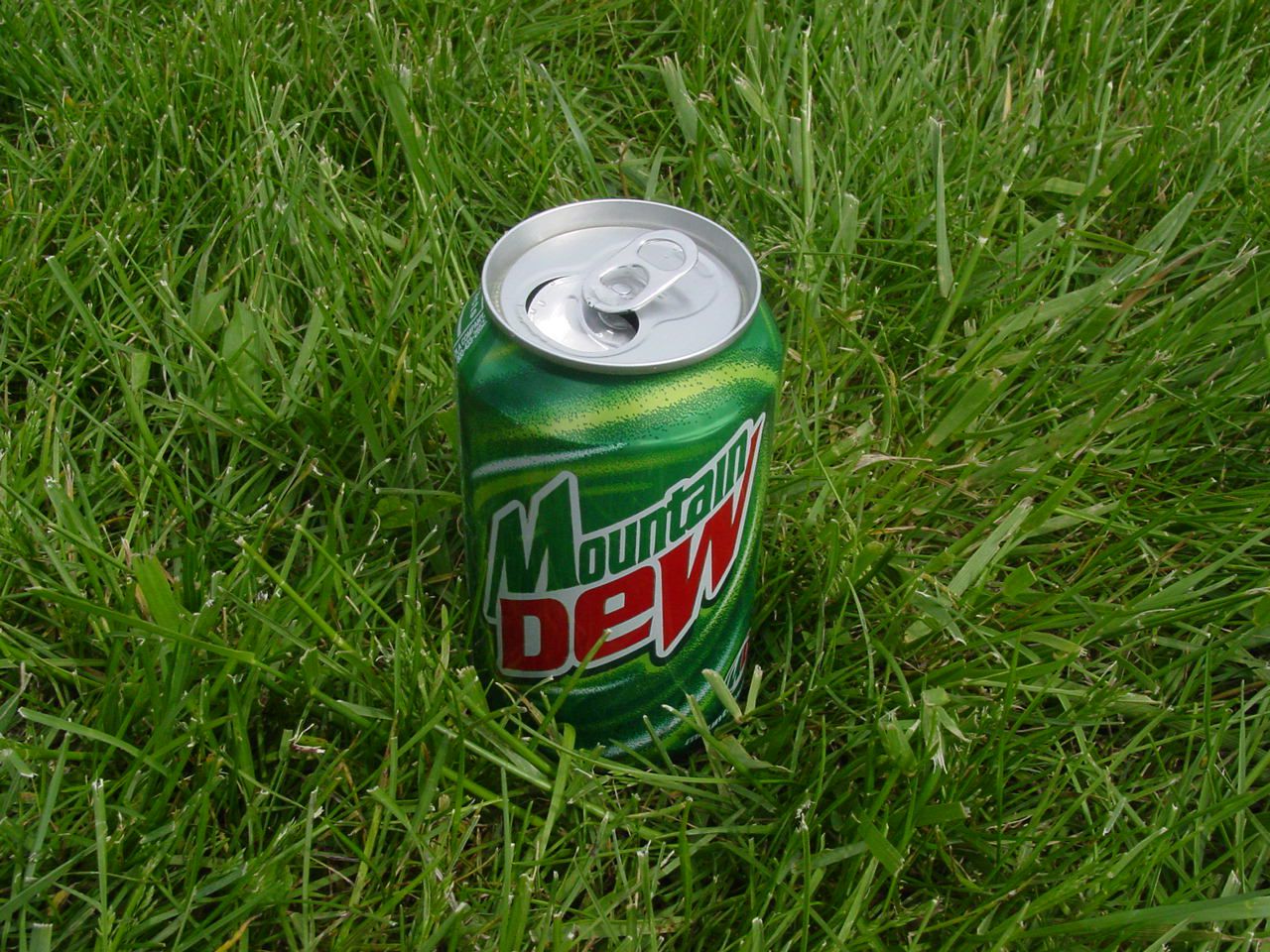
It’s not all that alarming that a carbonated, caffeinated soda that looks like radioactive waste is illegal in other countries. The culprit here is the emulsifier that was used in the beverage for many years, brominated vegetable oil. BVO led to the Dew being dubbed a “don’t” in about 100 other countries outside the US of A, although the drink no longer contains the ingredient because of the controversy surrounding it.
Related: Mountain Dew Moonshine and More Secret Brand Histories
3. Coffee-mate Creamer
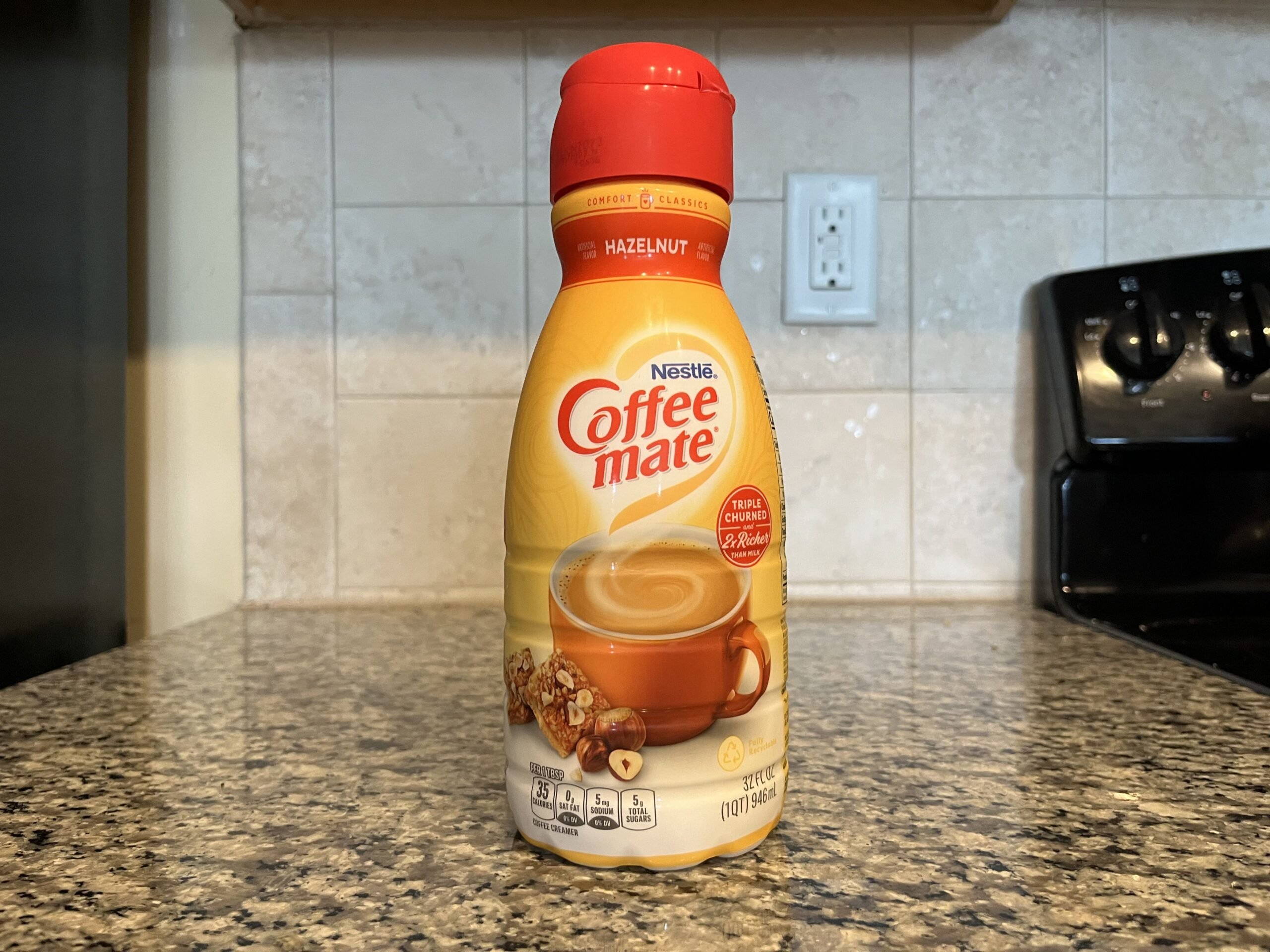
Coffee-mate may just be the quintessential creamer in the States. Abroad is a different story though. In countries like Denmark, Hungary, Austria, and Norway, you won’t be enjoying your morning cup of java with your best mate. That’s because it contains hydrogenated oil, which is a prime perpetrator of trans fat and according to the Mayo Clinic, that’s the worst type of fat you can consume.
4. Gatorade
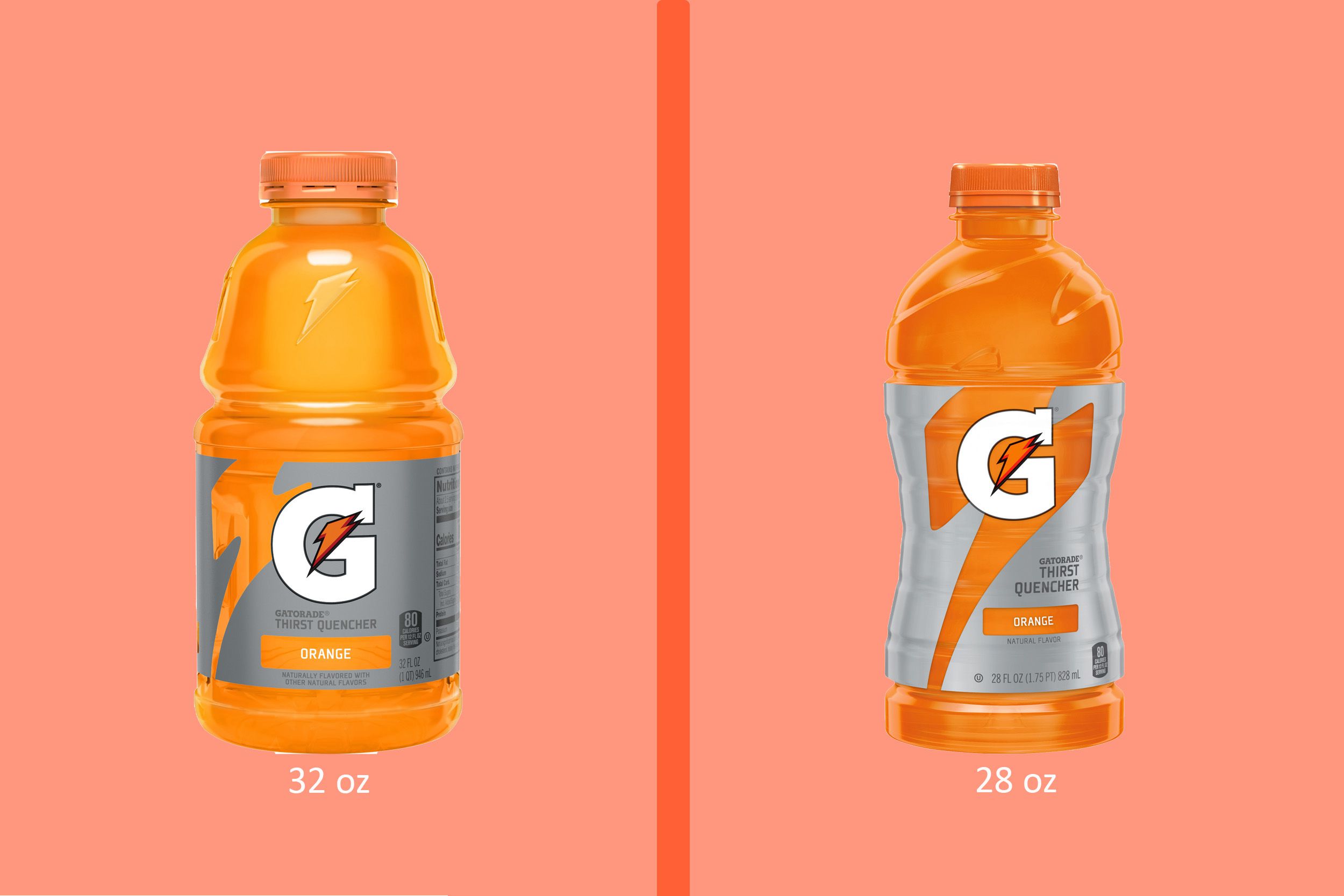
How do they even celebrate huge sports victories in other countries if they can’t douse the coach in electric shades of Gatorade? The electrolyte drink is banned in Europe because it contains a handful of outlawed ingredients including brominated vegetable oil, Yellow 5 and 6, and Red 40, all of which have been linked to health risks in some form or fashion.
Related: The One Iconic Food That Was Launched the Year You Were Born
5. Farm-Raised Salmon
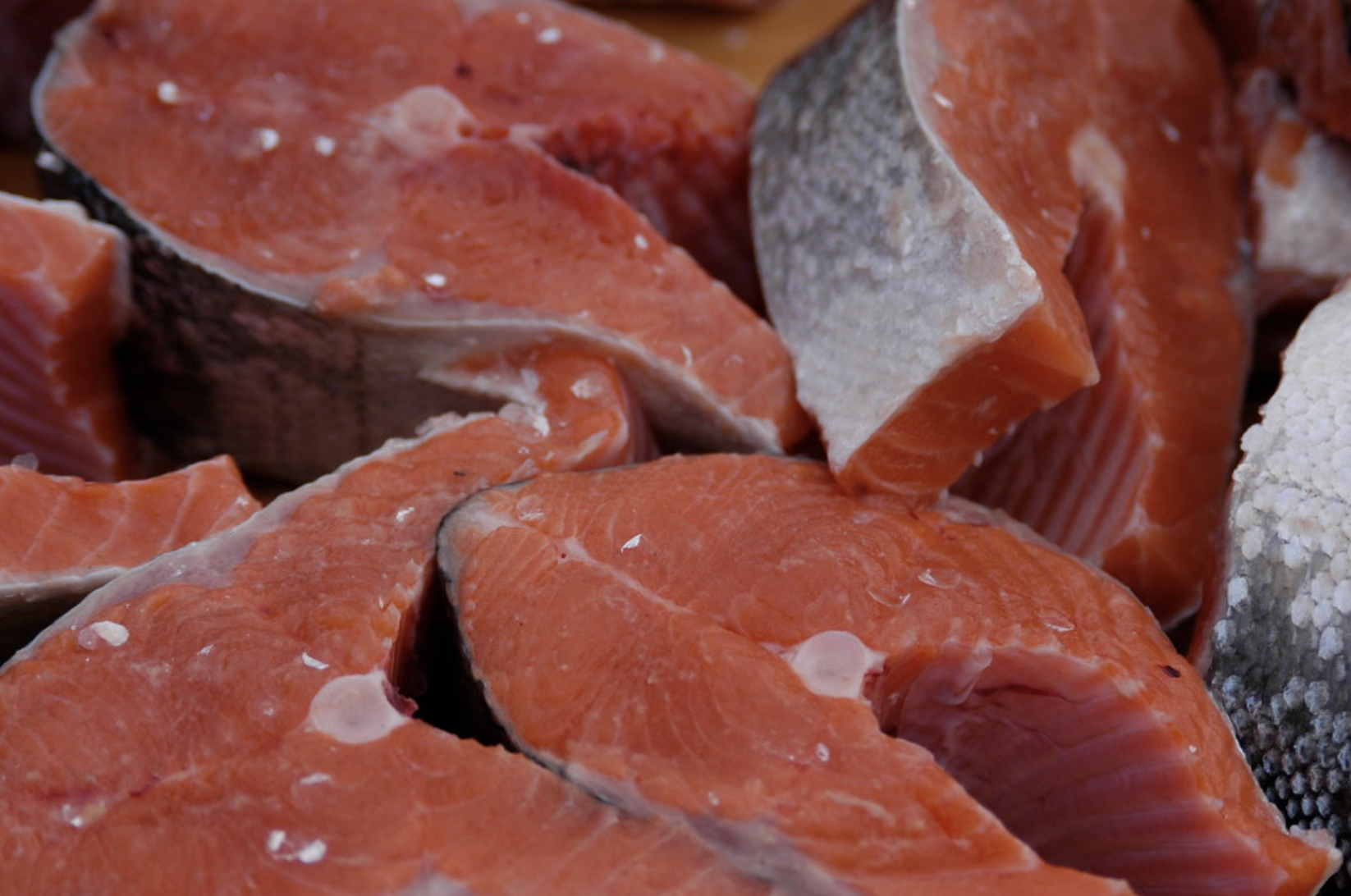
You won’t find farmed salmon in countries like New Zealand and Australia. That’s because during its production synthetically manufactured astaxanthin is used to give the flesh its reddish hue. In wild-caught salmon, astaxanthin occurs naturally, so there’s no need to create a synthetic substance.
Related: How Long You Have To Safely Eat Unrefrigerated Foods
Trending on Cheapism
6. Skittles
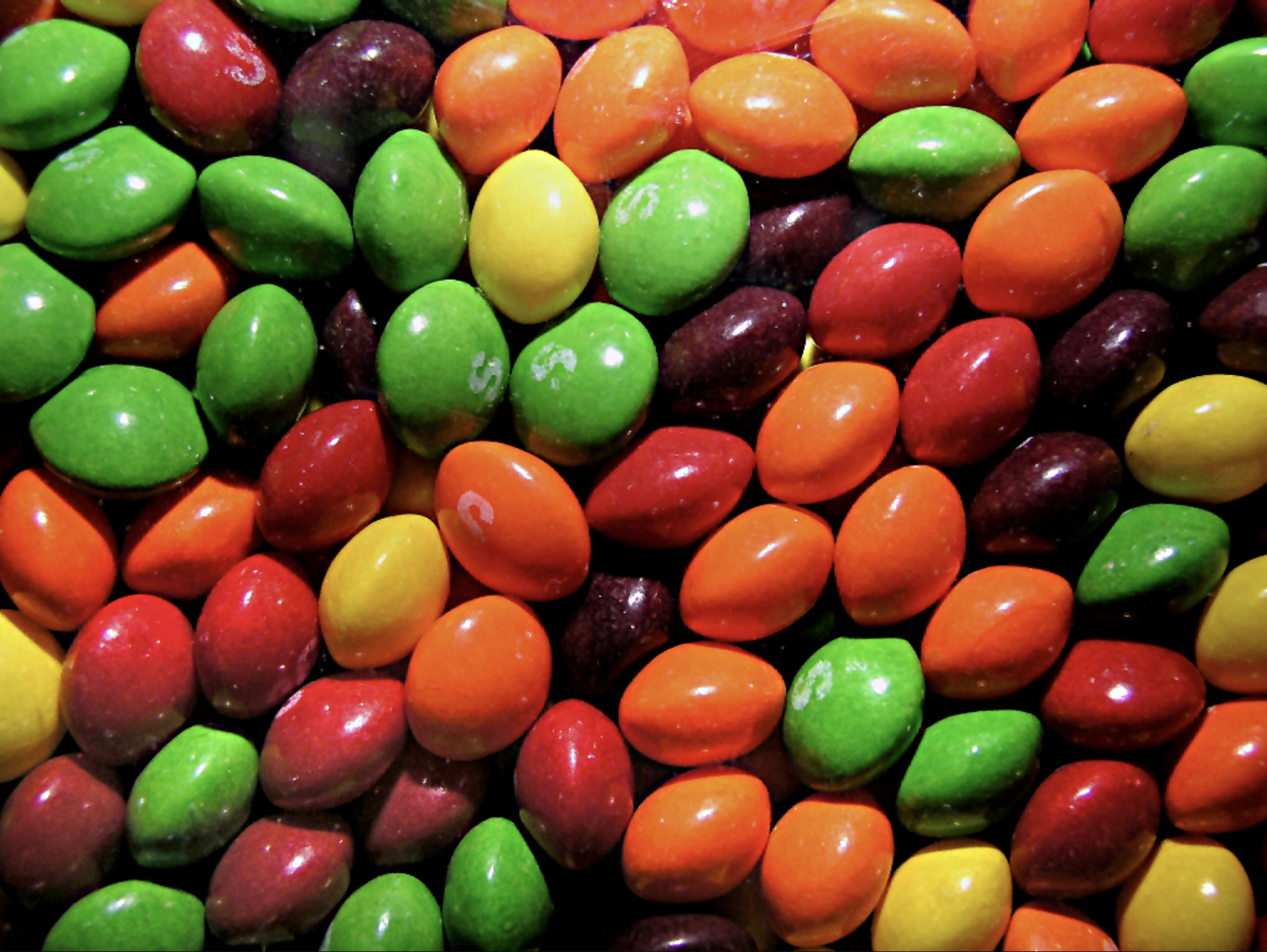
Being that artificial food dyes like Yellow 5 and 6 and Red 40 are massively outlawed abroad, it’s no wonder you can’t taste the rainbow there. These colorful candies are packed with artificial colors and flavors, making them off-limits overseas.
Related: 40 Foods That Americans are Missing Out On
7. Twinkies
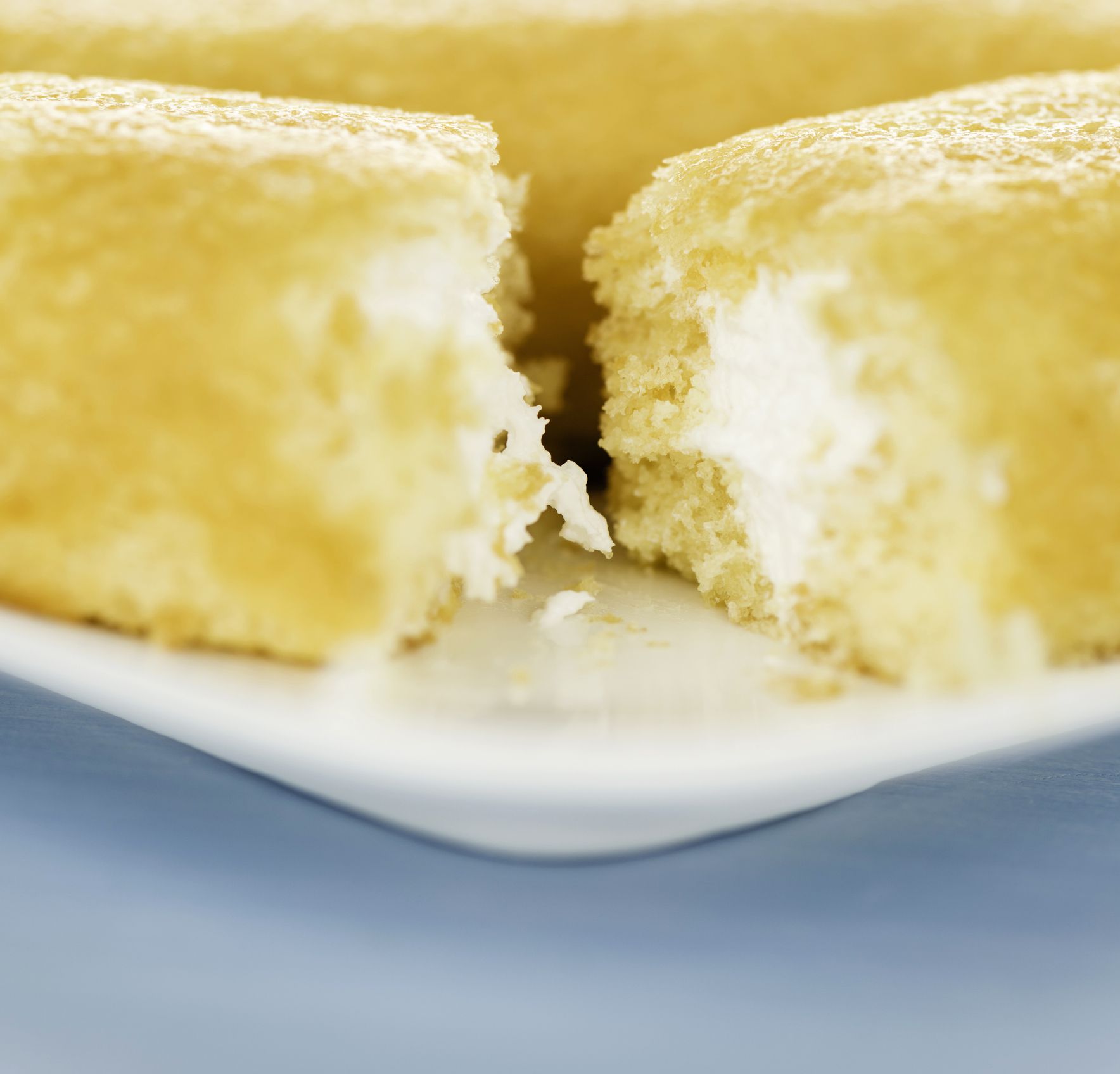
When it comes to snack cakes, Twinkies are one of America’s most iconic, but they are not a universal treat. Overseas, these cream-filled spongecakes are banned because they contain Yellow 5, high fructose corn syrup, and hydrogenated oils — a treasonous trifecta in several countries.
8. Frosted Flakes
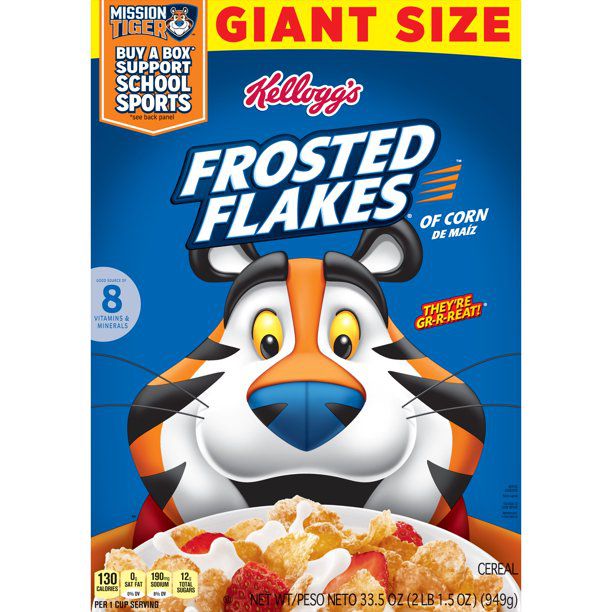
They’re grrrr — OTESQUE! That’s what Tony must say in Japan and the European Union because Frosted Flakes are illegal there. The Butylated Hydroxytoluene found in the breakfast cereal has been linked to health concerns including endocrine disruption and organ-system toxicity.
Related: Childhood Cereals We Wish They’d Bring Back
Sign up for our newsletter
9. Swiss Rolls
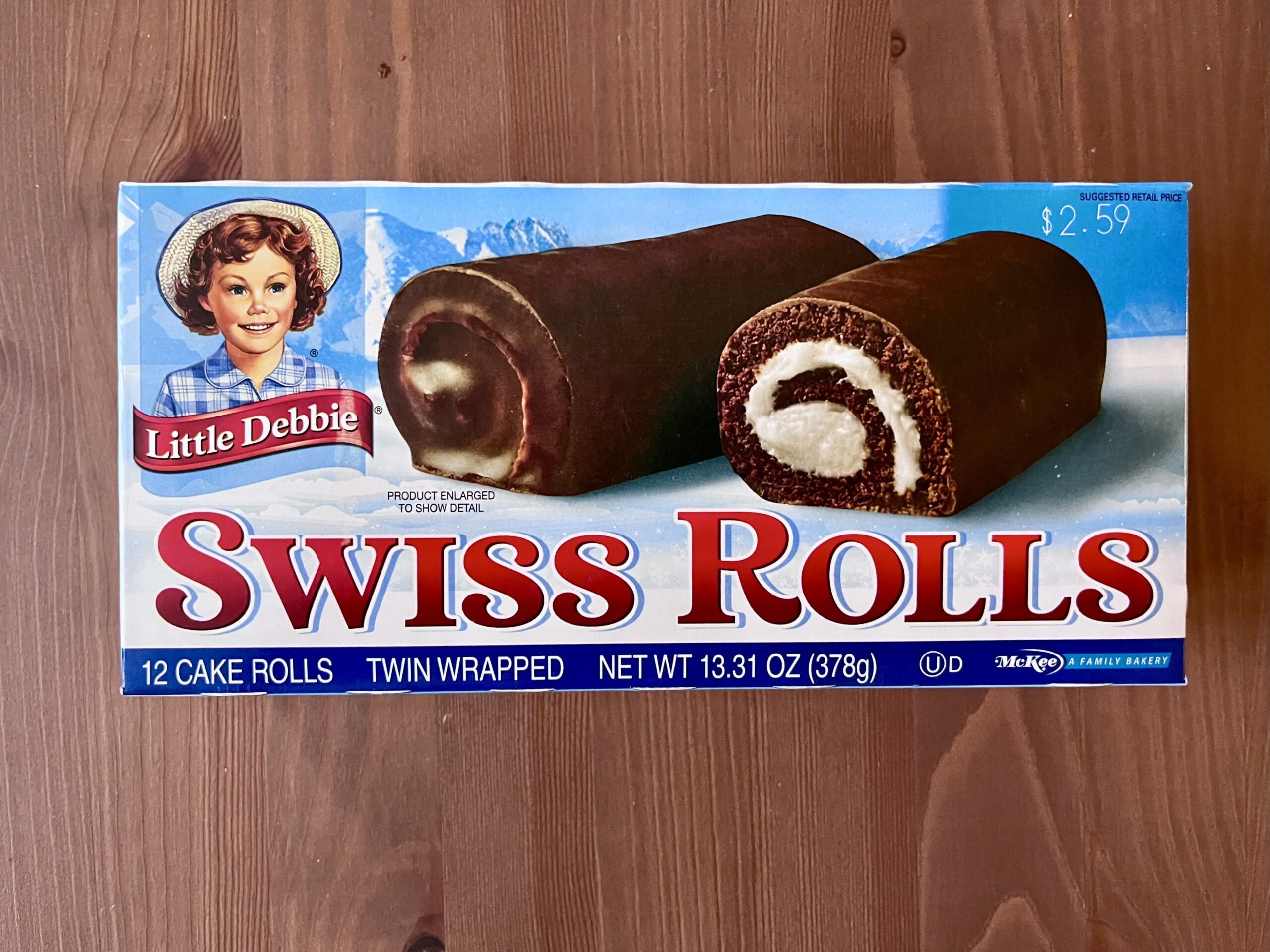
The snack cake section at an American grocery store would straight up shock foreigners. You might look at a Little Debbie Swiss Roll and think it’s just an innocent cream filling stuffed inside normal chocolate cake, covered with a chocolate coating. Not quite. Apparently, Lil Deb feels the need to embrace Yellow 5 and Red 40 to achieve that chocolatey color. Imagine the blasphemy someone from Switzerland would claim upon finding out the correlation between this snack’s name and list of ingredients.
For more fascinating food trivia, sign up for our free newsletters.
10. Certain Meats
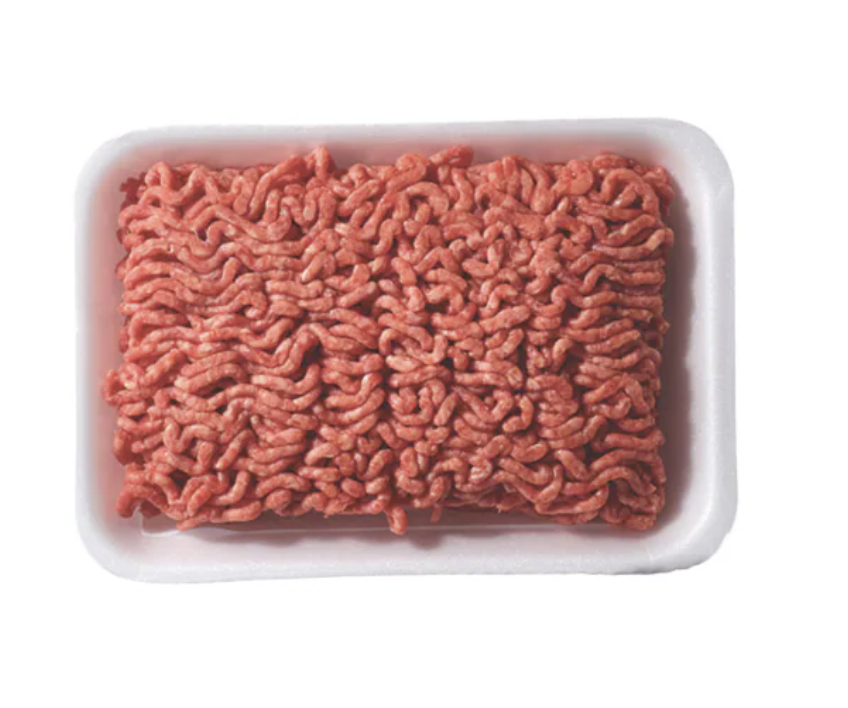
US chicken, US pork, and pre-packaged ground beef are just some of the meats you won’t be able to purchase abroad that you can find at any grocery store in the States. The guidelines for meat are entirely different outside of the 50 states.
Related: 13 Foods You Should Never Risk Eating After Their Expiration Dates
11. Maraschino Cherries
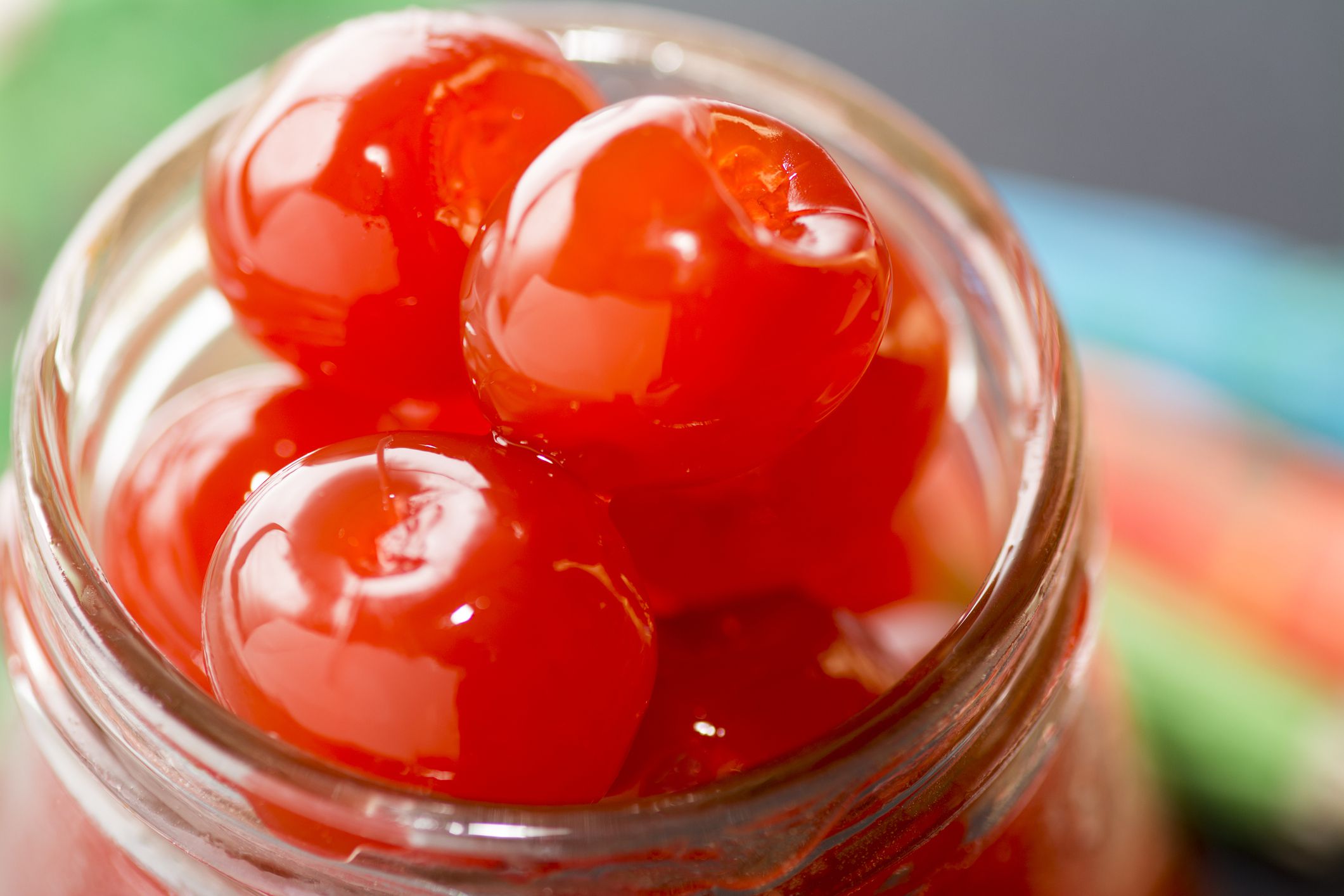
Most maraschino cherries as we know them contain Red 40 and as we’ve covered a couple of times now, that ingredient is a huge no-no in tons of other countries.
12. Pop-Tarts
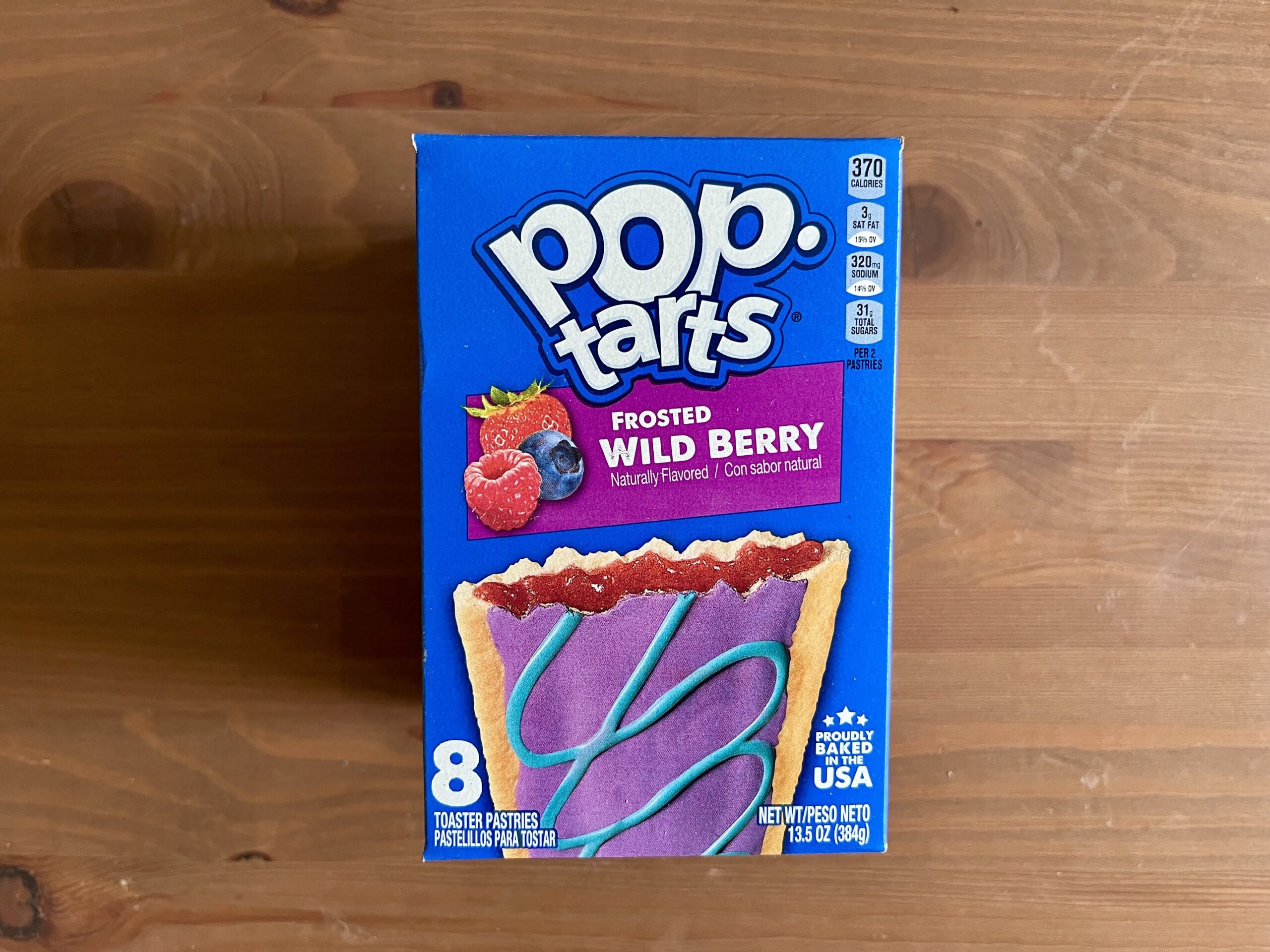
Because Pop-Tarts contain artificial food dyes, they’re not a universal breakfast treat. Yellow 5 and 6 and Red 40 can all be found in your favorite Pop-Tart flavors.
13. Wheat Thins
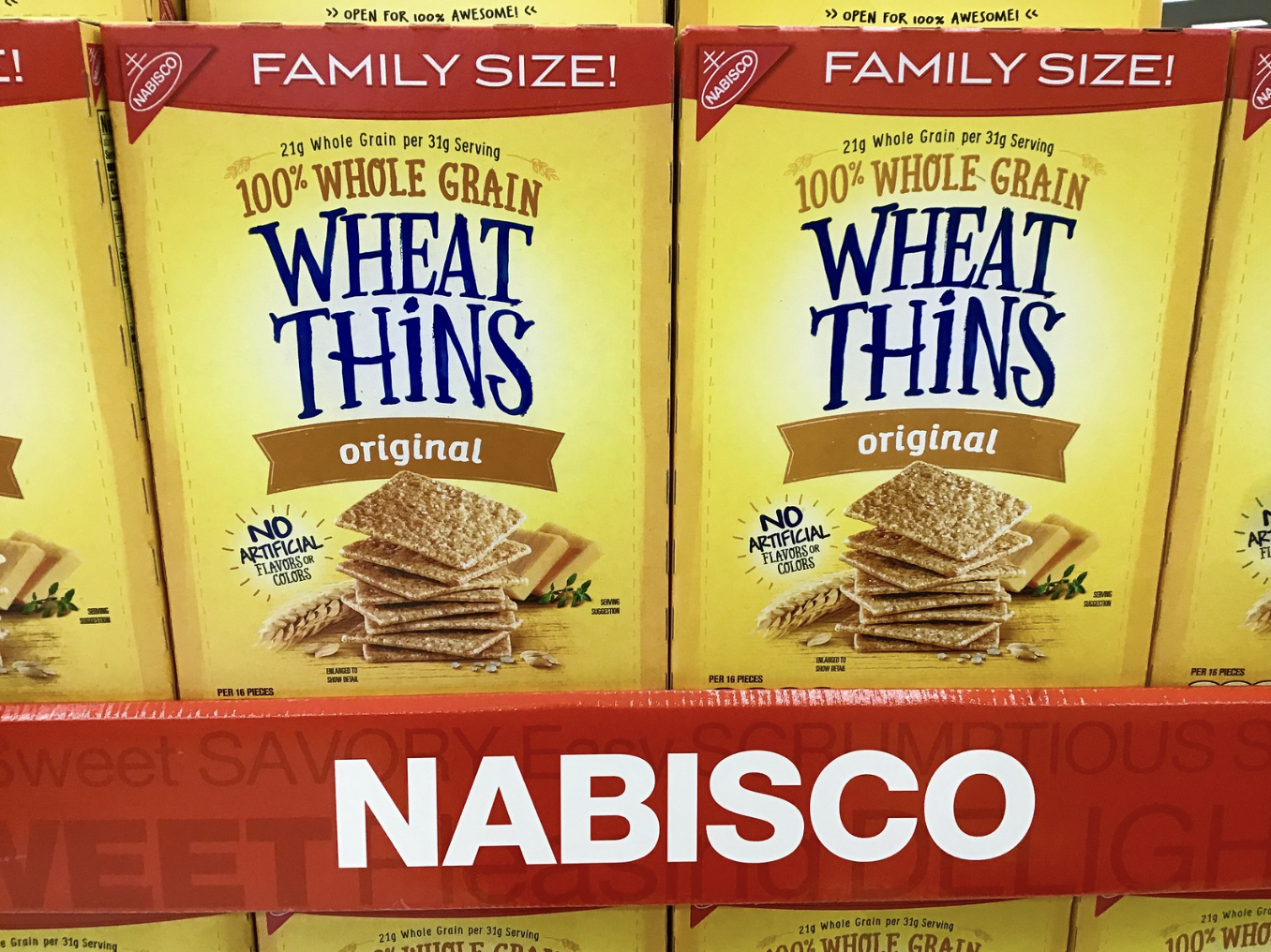
Another one of America’s favorite crackers is banned in Japan and Europe, but Wheat Thins are outlawed for a different off-limits ingredient: BHT, which as we mentioned earlier, is a possible carcinogen.
